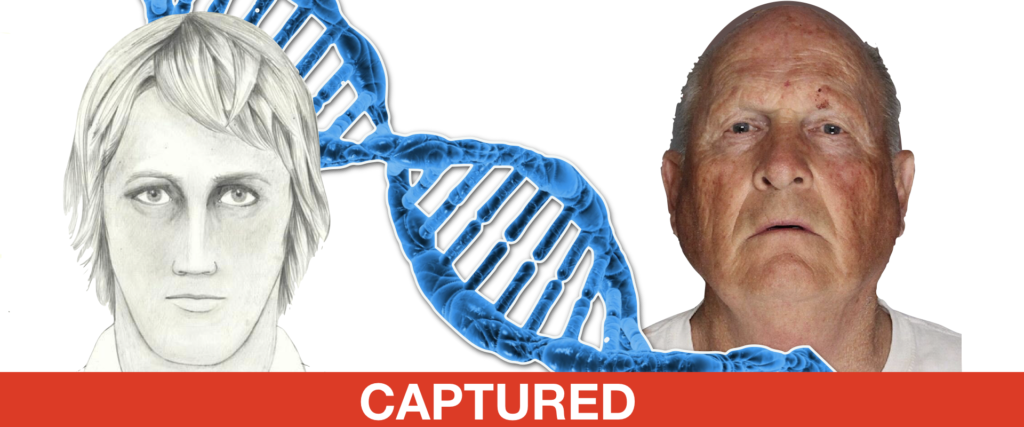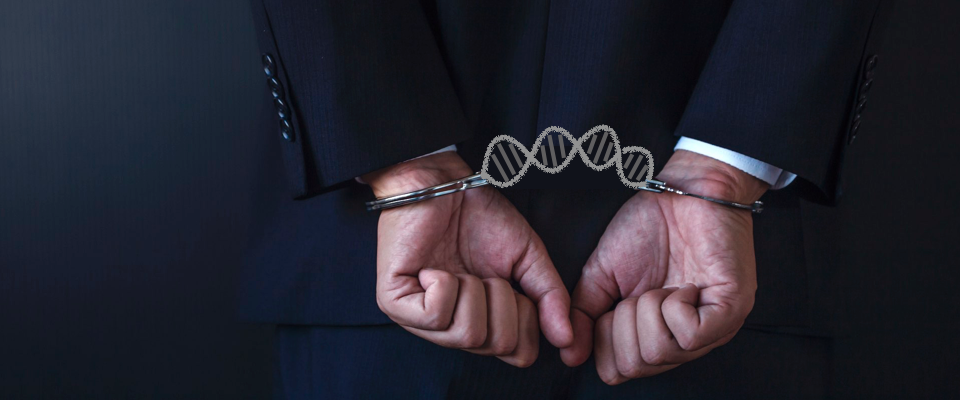Today’s Supreme Court ruling allowing police to take DNA swabs as a routine part of any arrest has civil rights advocates issuing jeremiads about pending constitutional collapse. The American Civil Liberties Union claimed the decision from the deeply divided court constituted a “gaping new exception to the Fourth Amendment….”
Though it’s hardly time to grab your energy bars and head for the bunkers, the decision has ratcheted up concerns about government intrusion into the affairs of private citizens.
Berkeley Law assistant professor Andrea Roth specializes in DNA-related legal issues and weighed in on the ruling via email. The ACLU’s take, Roth intimated, was not far off the mark. “This is the first time the Court has upheld a suspicionless search that was clearly done for plain old criminal investigation purposes,” Roth wrote. “But it did so in an interesting way. Instead of admitting that these DNA arrestee laws are clearly passed to solve crimes rather than provide more accurate identification of arrestees, the Court tried to recast the law’s purpose as identification.”
Roth wrote that the Court determined that an arrestee’s “identity” includes any crimes he or she may have committed in the past, “so anything that sheds light … can be recast as being about ‘identification.’ But as Judge Scalia points out [in a dissenting opinion], this broad definition of ‘identification’ pretty much eviscerates any meaningful distinction between identification and ‘ordinary law enforcement aims.’”
The right to control one’s identity, in other words, could now be trumped by police priorities.
Casual observers of the Court might be puzzled by Scalia’s dissent. After all, the conservative justice is known as a foursquare supporter of law-and-order. But Scalia requires a more textured reading, cautions Roth: “Justice Scalia has sided with criminal defendants when the state intrudes upon what he sees as a bright-line procedural rule with an historical pedigree—the right to trial by jury, the right to live, physical confrontation of the state’s witnesses, the right to be free from suspicionless searches for criminal activity, especially when the search implicates the body or the house….”
In the current case, Roth continued, “I think it mattered to Scalia that this was unambiguously an intrusion into the body, and unambiguously for the purposes of solving crimes.”
Roth also thinks Scalia felt some of his colleagues weren’t completely candid about their motives. “I think it mattered to him that the majority wasn’t owning up to the law-and-order rationale,” Roth wrote. “He viewed the majority’s attempt to cast the law’s purpose in terms of ‘identification’ rather than ‘investigation’ as disingenuous.”
The ruling obliquely addresses a corollary issue: the accelerating intrusion of technology into both law and privacy.
“These issues of technology in the hands of government officials, and databasing in particular, make for strange bedfellows,” Roth wrote. “Even law-and-order types who perhaps cannot imagine ever being racially profiled are concerned about issues [such as] having a national gun registry, even when [the use] of the information in such a registry for non–law enforcement purposes is technically against the law.”
Today’s ruling portends other decisions—and greater angst—down the road.
“The next test will be when a state attempts to require DNA sampling from everyone who applies for a driver’s license,” Roth wrote.”If the intrusion really is minimal, and the state interest in ‘identification’ so great, there should be no reason under the majority’s decision … not to uphold such a law. Indeed, if the chance of abuse is so low, why shouldn’t everyone in the country simply volunteer for a universal citizen database? Why does law enforcement typically shudder when forced to provide DNA samples for quality control purposes? The answer is that no matter what the law says, part of us doesn’t trust the government to do the right thing with our private genetic information.”
—Glen Martin




















